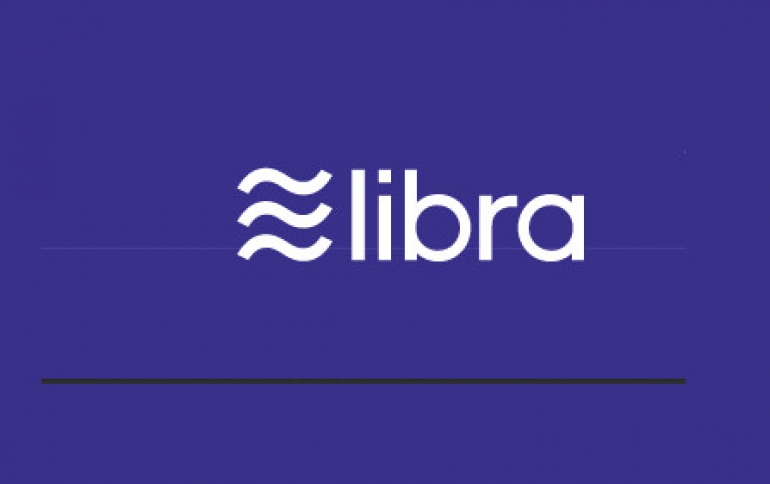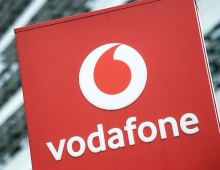
Facebook Outlines Changes Made to Libra Including Support for Multiple Single-Currency Coins
Facebook and its partners said their Libra cryptocurrency project will now support multiple versions of the digital coins, the majority of which will be backed by individual fiat currencies like the U.S. dollar, as part of changes the company announced today.
The Libra Association, the governing body overseeing the proposed project, redesigned the currency and made other changes responding to financial regulators concerned the effort could undermine the power and control of central banks. The group said Thursday it plans to support multiple Libray stablecoins, with each working like a digital version of a country’s existing currency.
From the beginning, the goal of the Libra project has been to enable a simple global payment system and financial infrastructure that empowers billions of people. In the months since the initial June 2019 announcement, the Libra Asociation worked with regulators, central bankers, elected officials, and various stakeholders to shape an approach to using blockchain technology to support a regulated, licensed payment system. Facebook has released an updated white paper outlining the work done on the design of the Libra payment system since June 2019.
The changes that will most directly impact developers are the following:
- Marrying blockchain technology with accepted regulatory frameworks.
- Offering single-currency stablecoins in addition to the multi-currency coin.
- Phasing the rollout of the Libra network.
The Libra Association's goal is to build a platform that is open and interoperable with protocol-level controls to help developers meet the high standard of compliance. The focus is to determine the best way to marry blockchain technology with accepted regulatory frameworks.
The updated white paper outlines categories of network participants, including Virtual Asset Service Providers (VASPs) and Unhosted Wallets. "We believe most people will interact with the Libra payment system through VASPs, such as custodial wallets and exchanges. We also believe it is important to permit the broader developer community access to the Libra network by enabling Unhosted Wallets with protocol-level compliance controls," said Michael Engle, Libra Association.
In the updated white paper, the Libra Association presents the approach it is exploring to offer new entrants the ability to compete for the provision of core network services and participate in the governance of the Libra network while ensuring the Association’s ability to meet regulatory expectations.
The Libra network is designed to be a globally accessible and low-cost payment system — a complement to, not a replacement for, domestic currencies. The stabilization of currencies and value preservation are key efforts that are properly within the exclusive remit of the public sector. Therefore, the Libra Association is augmenting the Libra network by including single-currency stablecoins (e.g., USD, EUR, GBP, etc.). "We hope to work with regulators, central banks, and financial institutions around the world to expand the number of single-currency stablecoins available on the Libra network over time and to explore the technical, operational, and legal requirements to access direct custody with them," Engle said.
Initially, the network will only be accessible to Designated Dealers and Regulated VASPs while the Association continues to develop its certification process for other VASPs and its compliance framework for Unhosted Wallets based on the feedback received from regulators. The Association intends to make the network accessible to Certified VASPs and Unhosted Wallets once the relevant compliance frameworks have been finalized.
The restructuring could help Libra with regulation. The original plan led some to characterize Libra as a security, a designation that brings much greater regulatory oversight. Some central banks also worried that a popular coin backed by a basket of currencies would undermine their ability to manage fluctuations of their home currency, a concern the Libra Association acknowledged in its white paper.
The changes could also potentially clear the way for more companies to join the association as members. Many of the original high-profile participants left the organization before it signed a charter, including Visa Inc., Mastercard Inc. and PayPal Holdings Inc.





















